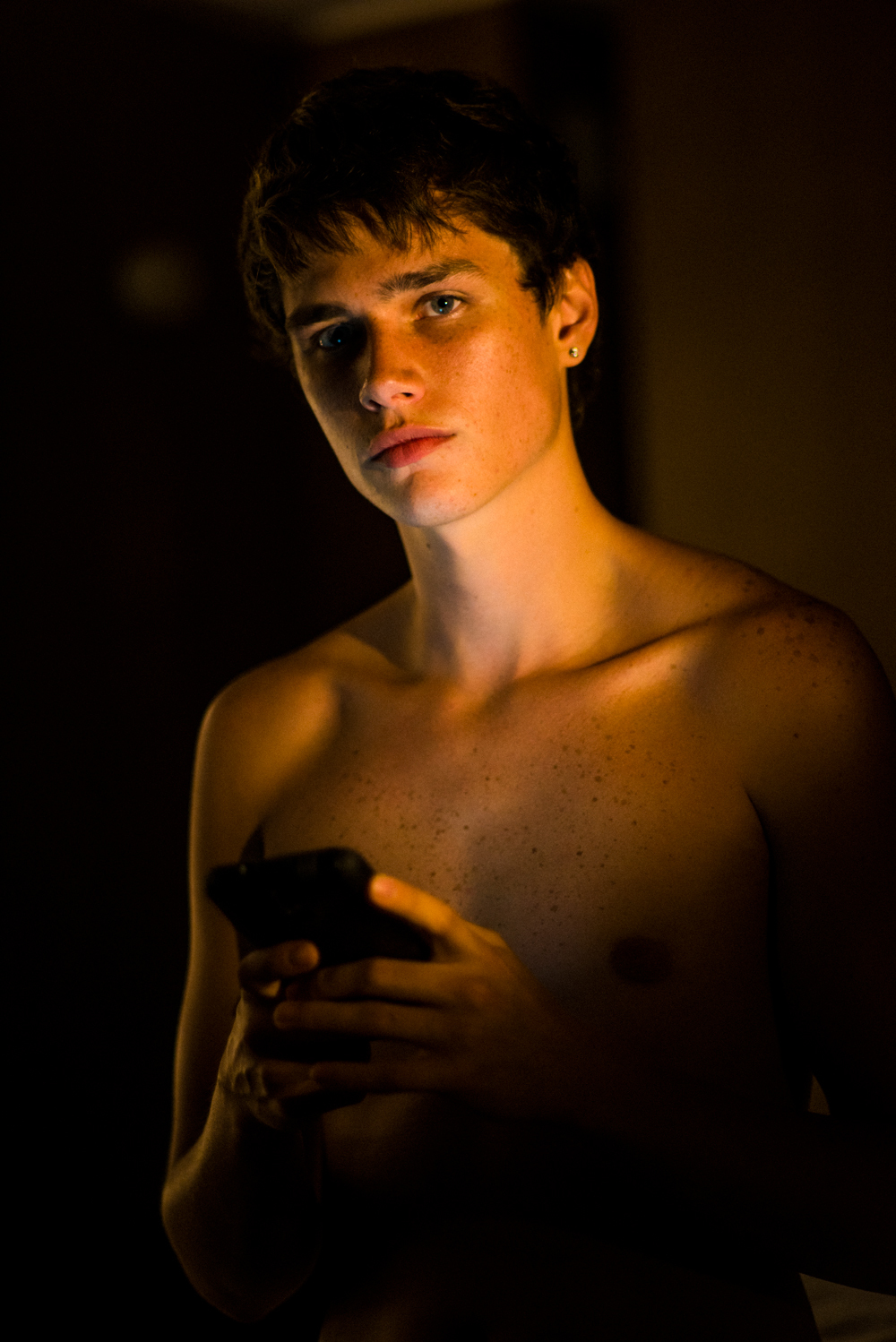A hidden villa not far from Alexanderplatz was the setting for Berlin-based photographer Matt Lambert‘s launch of Home, his latest publication — the first done in collaboration with Grindr. During the evening we sat down with the Matt to get all the details about his latest project.
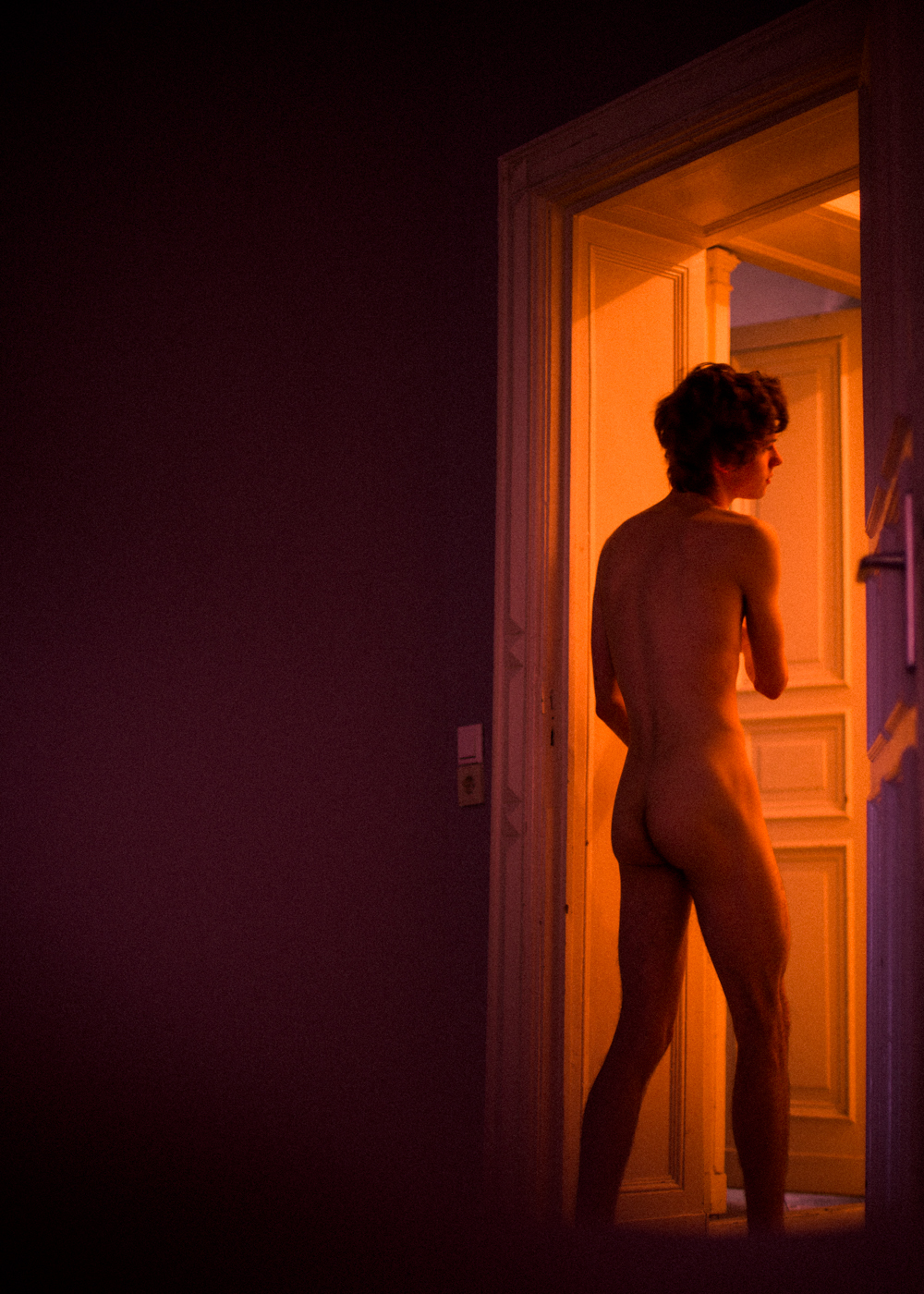
Tell us a little bit about the concept behind project.
The initial conversations began right after the Pulse Nightclub shooting in Orlando. Until you’ve felt uncomfortable and unable to express your identity or sexuality in public spaces, you can’t necessarily understand the value of safe spaces. In big cities it’s easier to lose sight of that. But if you take a look at smaller towns, you realise that places like that are often the only thing LGBTQ people have — the only place they can go to be themselves. Digital spaces have now allowed this experience to expand.
So how did you turn the idea into a book?
I asked people the simple question, ‘Where is the space/place that you feel safe, or first felt safe?’ Looking back at gay history you can see the overwhelming importance of these spaces. The people that I spoke to for this project are mainly in their early twenties, and told me that the first space they could express themselves truly was online. The first time they could have intimate conversations or the first time they could present their true selves. It’s this casual connectivity that can lead to feelings of solidarity. It’s more a book about intimacy rather than a book about sex, and it’s more personal than my previous books. We put so much love into it, it’s so special to me.
What does the title of the book mean to you?
It comes from the saying “Home is where I lay my head,” which a friend of mine once said to me. Home for me is a place where you feel comfortable, a place you feel deeply connected to. It doesn’t necessarily have to be a physical space, it’s more of a feeling you have. Feeling safe, feeling loved. The word ‘home’ is so relative. You can be in your own house but not feel at home. Instead you may be able to go online and find comfort, which is especially true for LGBTQ youth. So we just wanted to play with this relativity of ‘home’ and what it actually means or what it can mean.
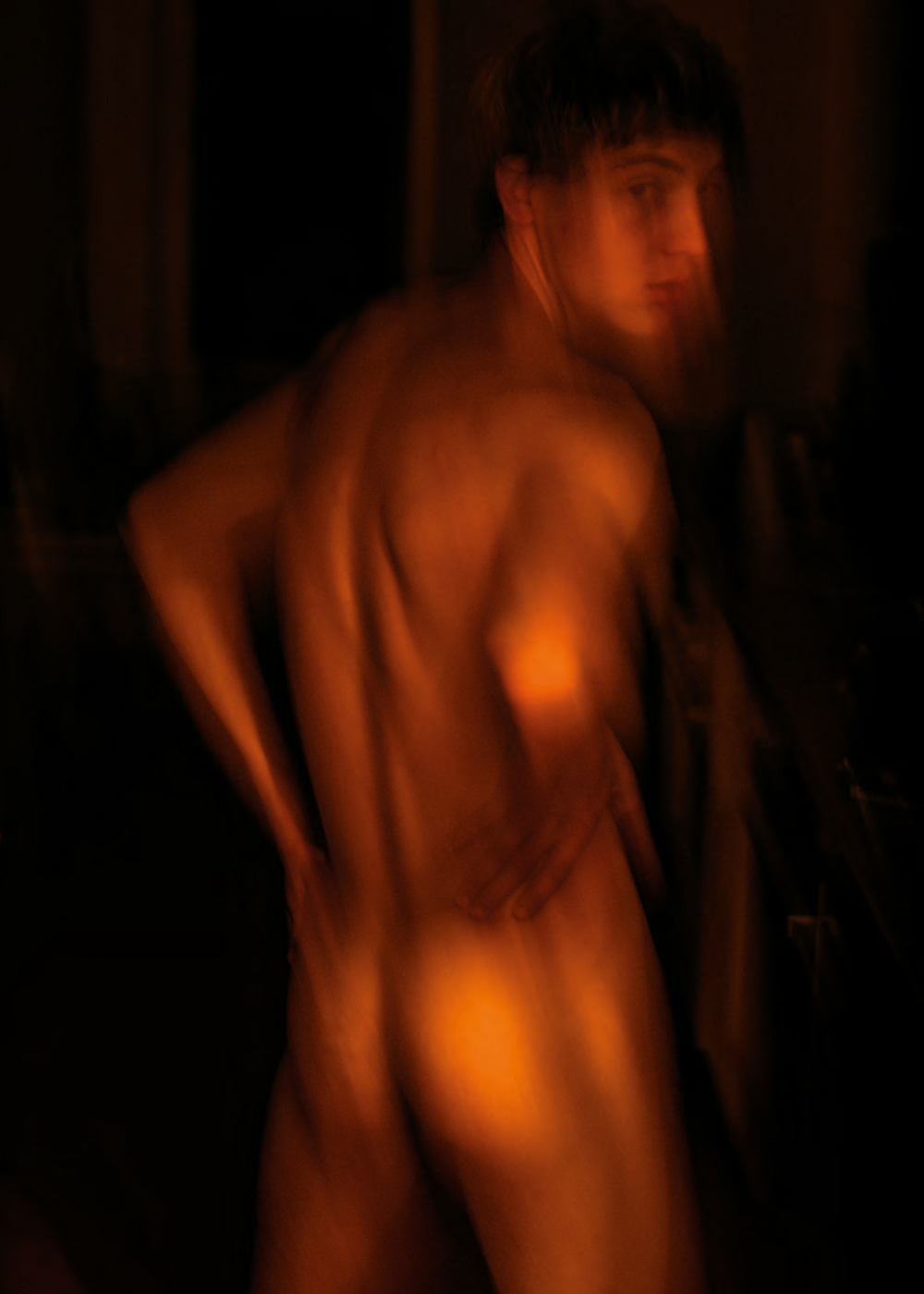
In your foreword you talk about casual intimacy. Why is it still such a taboo in mainstream culture?
With gay men there can be this very thin, blurry line between being friends and being sexual partners. This idea of being social and casual and sexual all at the same time. I think that this digital and IRL exploration of sexuality and casual intimacy might be kind of hard for some straight people to wrap their heads around. People really want to define everything, including other people’s relationships, and it’s the blurry line that allows something to remain beautifully undefined, but still real and with love. Labels can get in the way of the pleasure and happiness that comes with this type of liberty. People seem to get frustrated when the actions of others don’t fit into the idea of what a heteronormative relationship is supposed to look like.
Is there one thing in particular that all your subjects agreed on or mentioned?
Some stories are really magical and others are mundane. They are real and represent the everyday. Most of the people I talked to didn’t really see the point of the question, as their understanding of intimacy was completely integrated into their virtual spaces — as is mine — to the point that they’d never even questioned it.
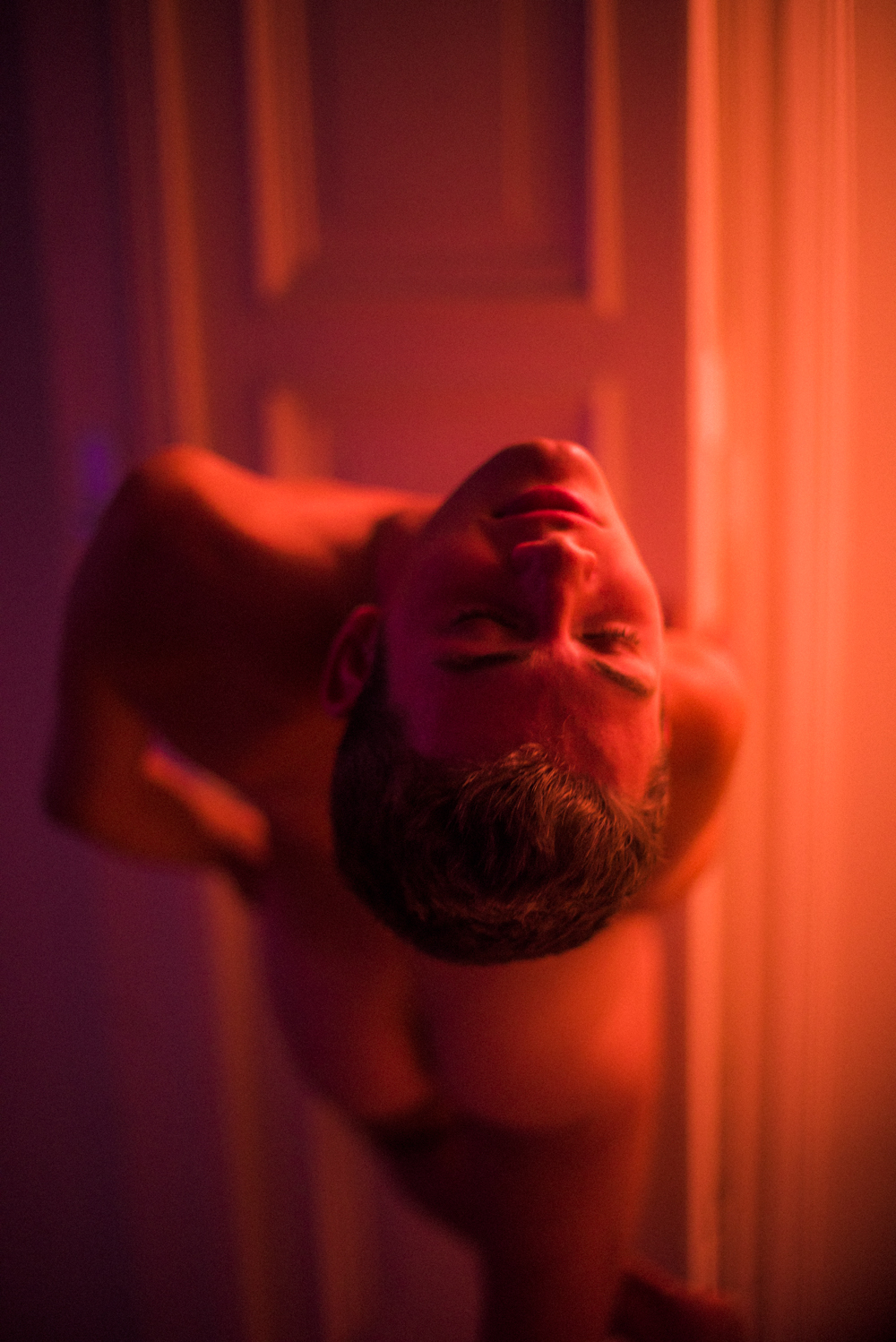
Do you remember your first Grindr conversation or hook-up?
I don’t remember the first hook-up, but I do remember the first conversation. The thought of the existence of this medium was almost transgressive. Now it’s become something so natural.
How have you experienced this change?
It depends on where you are and what your reality is. Virtual worlds can be ones that enhance your physical existence or entities that exist in opposition to who you are IRL. I see a shift away from “slut-shaming” and toward sex positivity in my community, but outside of that there’s a sense of fear and censorship that leads to internalised homophobia elsewhere.
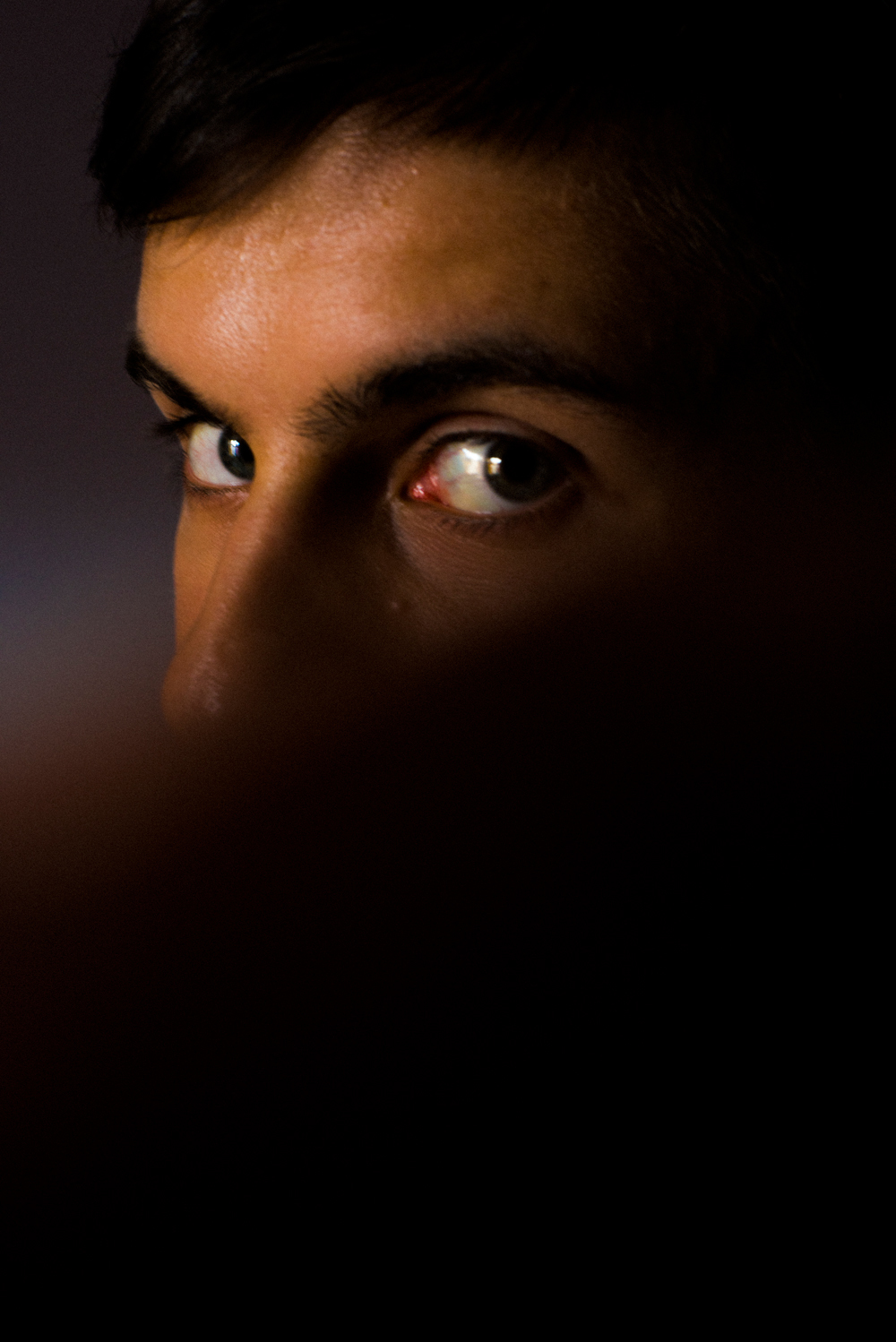
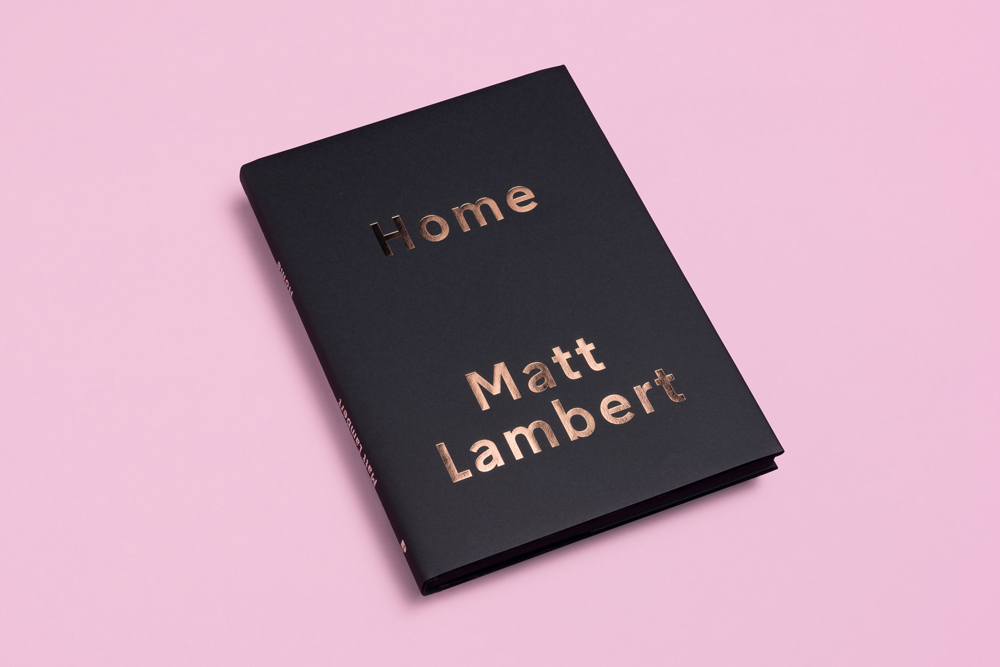
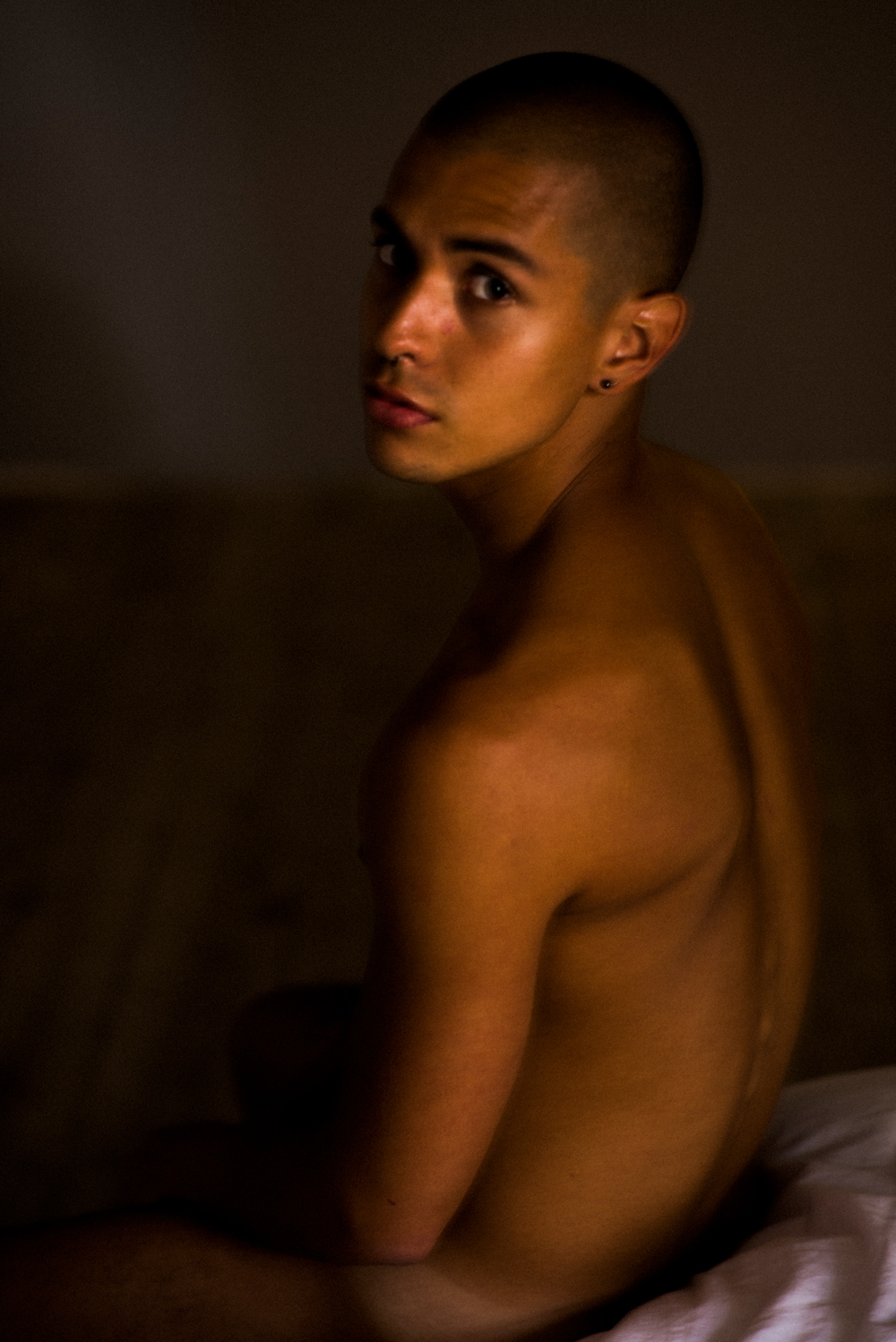
Credits
Text Alexandra Bondi de Antoni
Photography Matt Lambert
